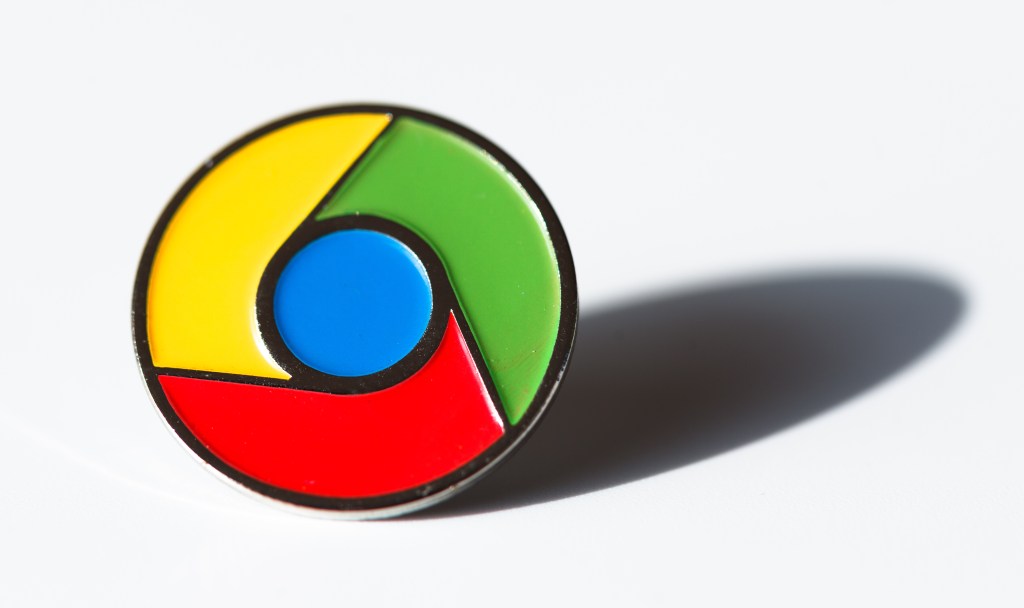Google will reportedly debut a built-in ad blocking feature for its Chrome browser next year, and now we have the first concrete look at this addition to the web navigation software in action. In Chrome’s pre-release Canary app for Android, which previews and tests features coming later to the stable version, there is now a feature that allows users to toggle a built-in blocker for sites with intrusive advertising.
The toggle is found under Chrome’s settings menu, in a subsection called “Ads” of the “Site settings” menu item. It allows you to toggle on a feature that will “Block ads from sites that tend to show intrusive ads,” though it’s set off by default, at least in this build.
The new menu setting was first spotted by Carsten Knobloch, and confirmed by TechCrunch. Interested users can also download the most recent Chrome Canary build directly from Google Play to find the setting itself (Canary can run concurrently with the stable release of Chrome on Android).
Google is said to be providing publisher partners with guidelines about what qualifies as “intrusive ads,” to help them avoid being included in the advertising blocked by the new feature, according to a Wall Street Journal report from June. The blocked content would be determined by what a cross-industry organization called the Coalition for Better Ads, of which Google is a member, list as “offensive.” These include repeated pop-ups (which Chrome already includes a native setting to block) and so-called “prestitial ads” that prevent content from being shown, often tied to a countdown timer.
The report also claimed that Google is going to make the feature live sometime in 2018, after publishers have time to review their own advertising practices with a dedicated tool, and that the search company is preparing a new tool that will ask visitors to disable third-party blockers, or pay for an ad-free pass to the site.
The appearance of the ad blocker for sites with intrusive ads in Chrome Canary on Android fits with the general descriptions of what this feature would look like, so it seems Google is pressing forward with the plan in earnest. It can take a long time for Canary features to make it to the stable build, so the timeline reported previously also still fits. We’ve reached out to Google for comment on the new feature introduced in Canary, and will update if we receive more information.
































Comment